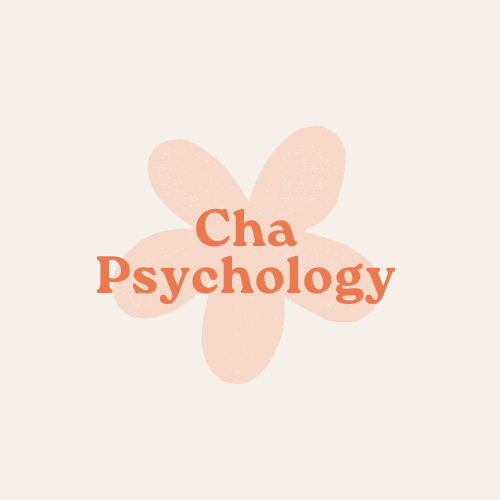Asian Expat Series: Summary and Closing Reflections on Expat Mental Health
Me, Delphi, Greece, December 2022.
Wrapping Up 2 Months of Content on the Asian Expat Experience
Woo hoo! We’re here. We made it to the end. We started something that we finished. That is incredibly meaningful to me. Between my full-time practice and my pathological novelty-seeking, I’m a little surprised I’ve been able to make it here. Perhaps it’s a testament to my endless fascination with living abroad and being third culture.
I’m a Korean American psychologist specializing in working with both AANHPI and expats/digital nomads. I started this series of blog posts with personal reflections on how traveling through Europe for a year was so nourishing for me. It was a much needed respite from the U.S., with its racism, violence, and relentless work culture. Asian American expats have unique strengths that help them adapt to new environments. We also face unique challenges and are vulnerable to racism and being misunderstood everywhere we go in the world, even in Asia. By virtue of our hybrid identities, we are third culture, meaning that we are neither entirely the culture of our parents or the culture of mainstream America. The extent to which we identify with any culture varies from individual to individual.
When Asian Americans become expats, their experiences vary widely and are shaped by factors such as ancestral homes, acculturation levels, and the specific countries they visit. We are not a monolith and therefore our experiences as expats can’t be essentialized as any one thing. It’s…complicated. And beautiful and interesting and enriching. But sometimes also painful and (re-)traumatizing. I won’t pretend that I was able to cover everything important for this demographic in my series. I hope I will be inspired to do more content about this community so near and dear to my heart.
Summary of the Series
Introduction to the series. This frames the series as a product of my personal experiences having traveled and lived abroad quite a bit and my experiences of working with expat clients in therapy.
My personal reflection on studying abroad in Japan as a college student. This experience deeply impacted my identity and perspective on life.
The growing trend of Asian Americans moving back to their ancestral countries in Asia, a phenomenon known as "reverse immigration." Reasons for this trend include economic opportunities, a desire to connect with family, culture, and language, and growing concerns about anti-Asian racism and violence in the US.
An interview with therapist Biyang Wang, LCSW, a digital nomad therapist. Biyang has been traveling around the world while working as a therapist via telehealth and she discusses her experiences of being an Asian American abroad.
Mental health challenges for Asian American expats. Expats are at higher risk for anxiety and depression. For Asian Americans, acculturative stress, changes in identity, and occupational burnout can take a toll in addition to the challenges of being an expat.
Closing Reflections
My mom once said to me, “Asian people love to travel.” This is a generalization that is best not taken too seriously. But it made me think about how being a good traveler means you bring curiosity, humility, and a positive attitude where ever you go. At least, that’s what Rick Steves taught me on PBS. I wonder if some Asian cultural values lend themselves to being a good traveler and navigating cultural differences effectively. Being a Korean immigrant child in the US has definitely provided me with the wisdom, flexibility, and resilience needed to travel all over the world and really enjoy it. I imagine that’s true for others in the diaspora.
I’ve so appreciated this time to research about Asian expats, read articles by Asian expats, and just think about my experiences and those of others. It’s broadened my perspective significantly. Thank you for reading and if you’d like to connect because this series has resonated with you, I invite you to contact me.

